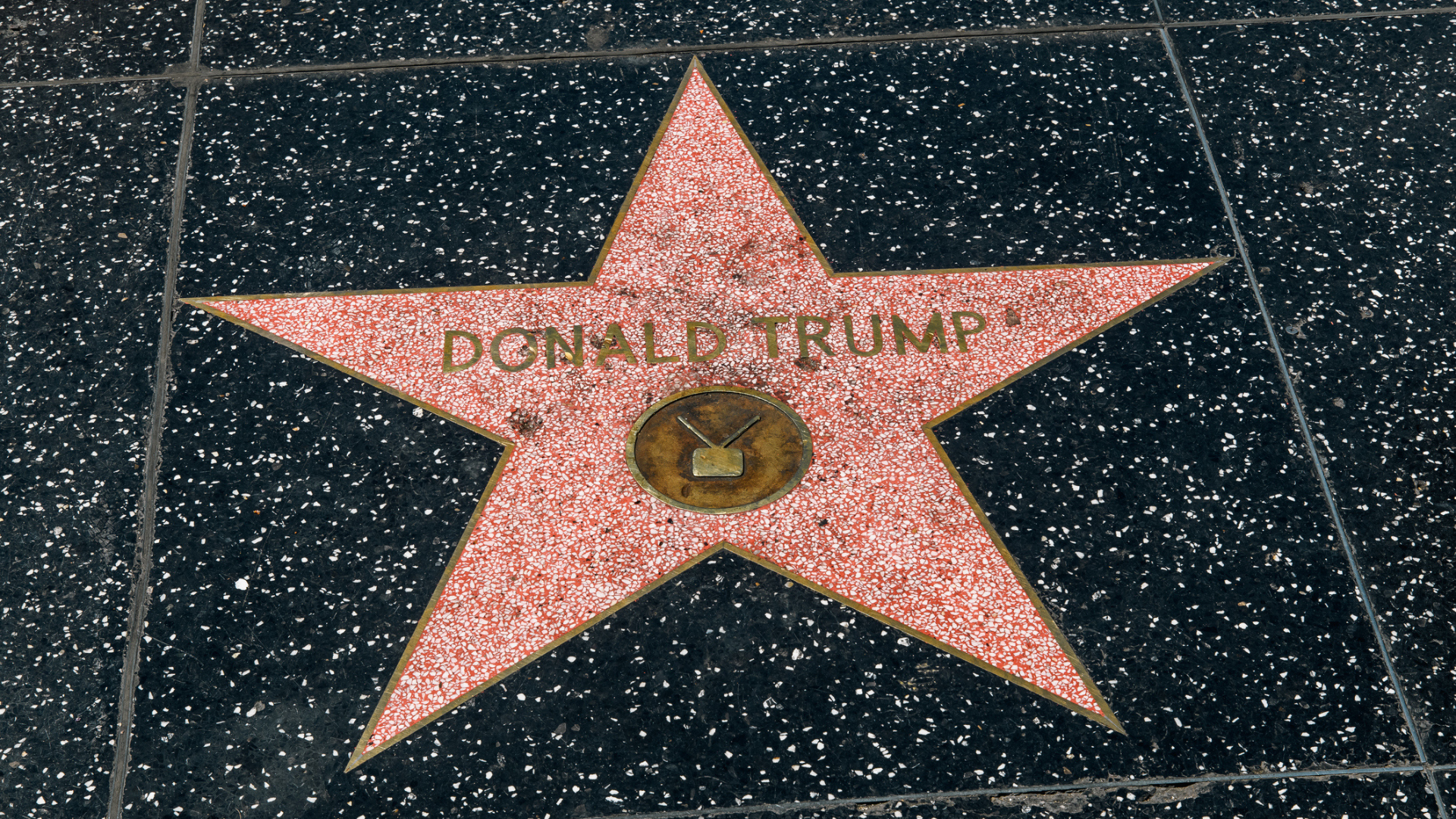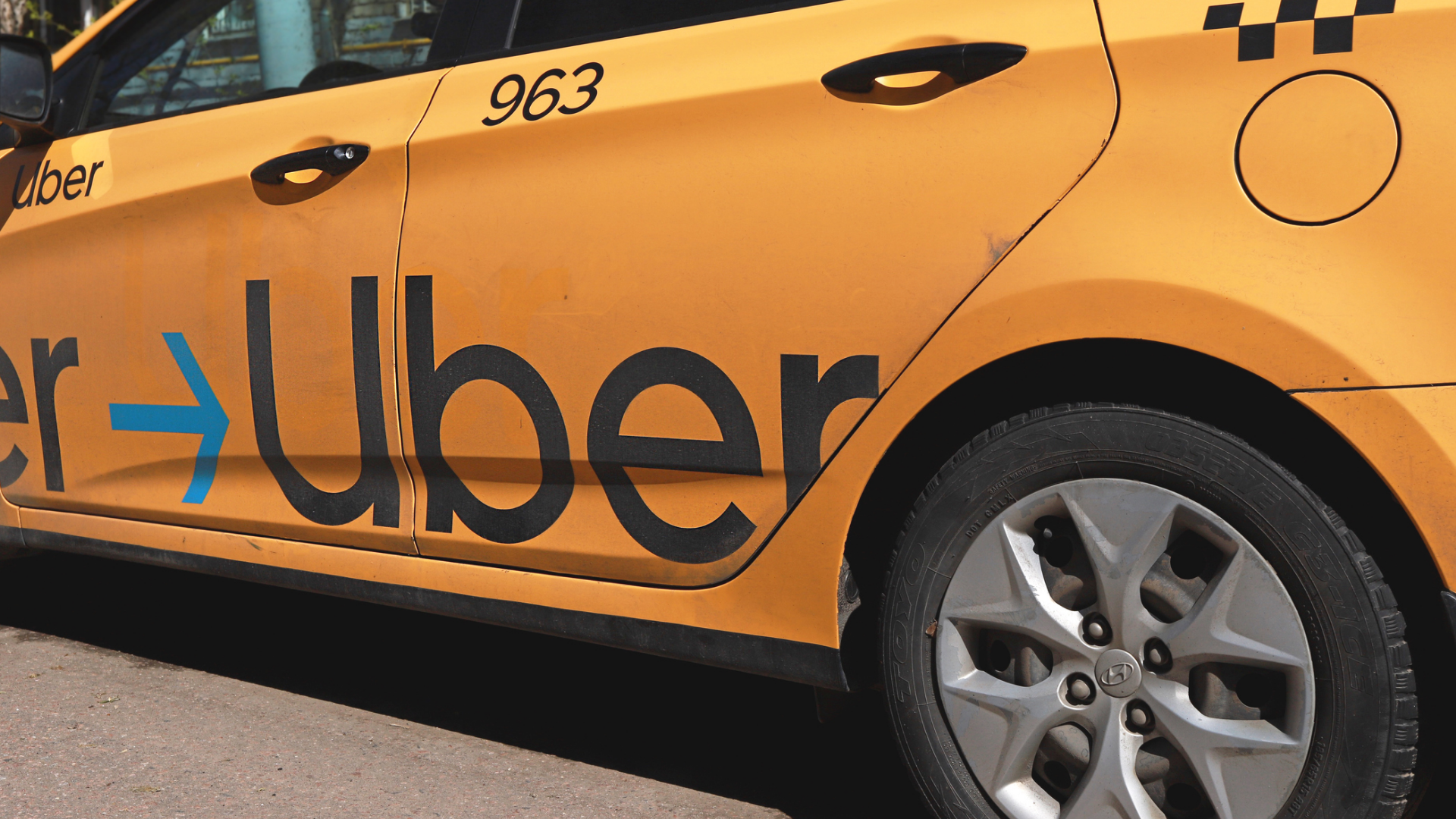HUMAN RESOURCES AND MANAGEMENT
In the news: How reality TV helps explain Trump’s success
January 31, 2025 ·
Contributed by: Maxim Voronov, Madeline Toubiana and Trish Ruebottom

With Donald Trump back in office, much of the world is still struggling to make sense of his appeal to so many Americans. This is especially the case now, after he became a felon, incited an insurrection and promised to govern as a dictator. How does someone so unfiltered, unrefined and dismissive of moral codes and norms end up getting elected?
It may be those very things that are core to his appeal—Trump is not the first head of state who has capitalized on brash behavior to gain that position. He may appeal to the average voter for the very same reasons you keep watching that reality television show you love to hate: these shows delight people by giving them a look at something that feels both “real” and “taboo.” Trump is among many successful politicians who have succeeded by appearing more relatable, such as George W. Bush, who famously scored as the more appealing candidate “to have a beer with” in the 2000 and 2004 presidential elections, the authentic emotional appeal of Barack Obama or the “bumbling clown” image of Boris Johnson. But Trump’s appeal seems different.
In our experience as business professors, we’ve seen how business models that include seemingly repellent behavior can captivate audiences—and as a television personality, Trump has been no exception. Trump the politician has pulled from that same playbook. We have spent years studying how transgression (an act that goes against law, norms or standards), stigma and emotions affect businesses, stakeholders and even society. Trump’s election had striking similarities to what we have observed in businesses based on voyeurism. That is, the anchor of his appeal is tied to how the perception of his authenticity and his transgressions fuel human emotion.
Read the full article in Scientific American.






